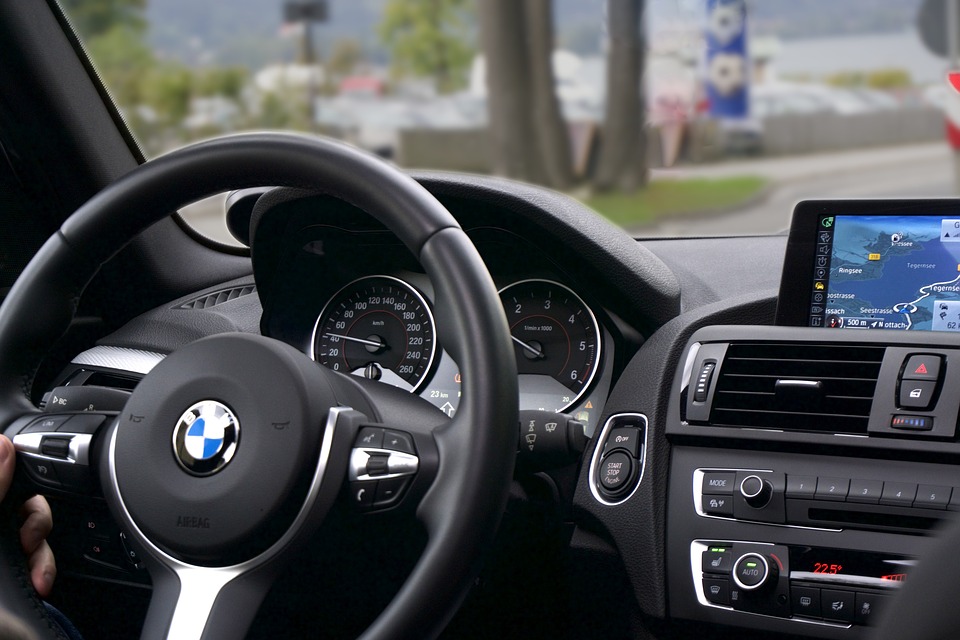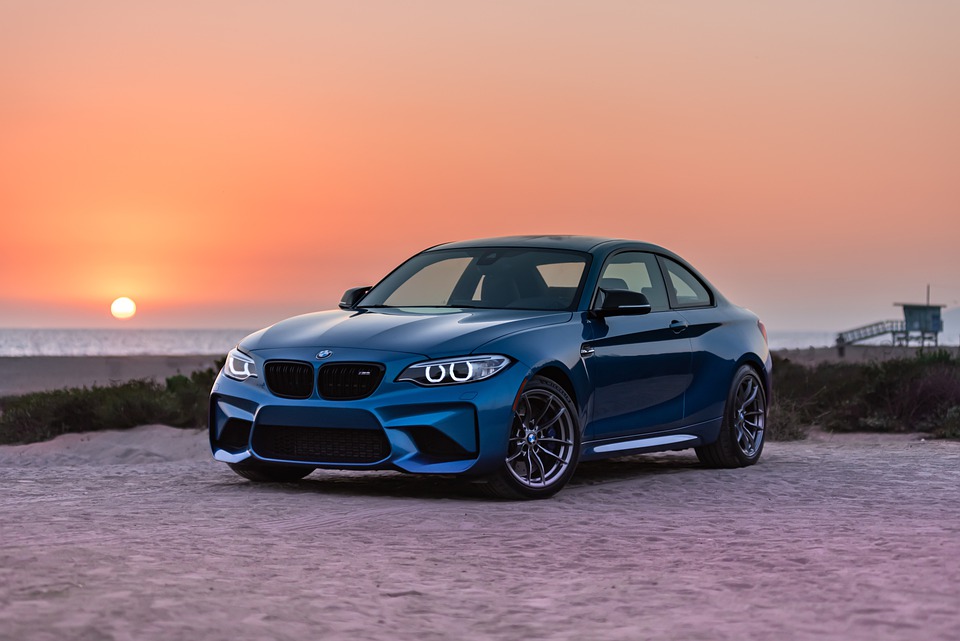Automotive: Are modern BMWs reliable?
Historically, BMW has been considered a manufacturer that makes complex and over-engineered vehicles, an image reinforced with the introduction of turbocharged engines such as the now legendary N54.
BMW has learned from its mistakes and revised and refined its turbocharged power plants over the last 15 years. The latest generation of its engines do not suffer from major issues and the manufacturer even won the top spot in the 2023 Consumer Brands Reports.
Are modern BMWs considered reliable now? What has changed?

Turbocharged complexity
Although turbo inline-6 engines marked a significant step forward in performance and efficiency, these engines originally experienced many issues due to the introduction of many new technologies such as direct injection, high-pressure fuel pumps, an electric water pump, and twin turbochargers.
Introducing all of these new technologies at once made the N54 kind of an experimental engine for BMW to test a whole array of new technologies for a new generation of internal combustion engines.
BMW quickly rectified most of the issues relating to ancillary components and a few years later released a new turbo straight 6 with many of the issues rectified. However, this put a dent in BMW’s reliability reputation.
Enter the B-series BMW engines
The improvement in reliability is noticeably seen in BMW’s latest generation of engines. The B48, used widely across BMW’s model range, is a reliable engine with no major issues.
Another significant factor contributing to modern BMWs reliability is the use of the ZF HP8 automatic transmission. Widely regarded as one of the best automatic transmissions available today, the ZF HP8 contributes overall robustness and reliability of BMW’s drivetrain.
This combination of improved engine reliability and a robust transmission has resulted in a noticeable uptick in BMW’s reliability standings.
What has changed?
The technology behind turbocharged engines, once considered complex and somewhat temperamental, has matured significantly over the years.
Direct injection technology has improved, turbocharger failure rates have decreased significantly, timing chains now last for hundreds of thousands of miles, and engine blocks have become stronger.
With virtually all manufacturers offering turbocharged engines in their lineup. The experience and data gathered have allowed BMW and others to refine their designs, resulting in far more reliable power units.
2023 Consumer Reports Brand Report
The 2023 Consumer Reports Brand Report Card marked a significant achievement for BMW, with the German automaker clinching the top spot. The top spot of this ranking is usually taken by Japanese manufacturers such as Lexus or Toyota.
This prestigious recognition validates BMW’s efforts to enhance the quality of its vehicles and increase customer satisfaction.
Toyota-level reliability?
While BMW has improved the overall reliability across its whole lineup, it will take a long time before they match the reputation of a brand like Toyota.
Part of this stems from Toyota’s conservative approach to technology adoption, contrasted with BMW’s tradition of embracing cutting-edge technology to provide performance-driven innovation.
Despite the excellent 2023 Consumer Report Ranking, we seriously doubt a new BMW will be as reliable and long-lasting as a new Toyota.
The Japanese giant tends to stick to older technology that has been thoroughly tested and refined. BMW on the other hand introduces new technologies often to extract the most performance possible out of an engine or a chassis. Both automakers have completely different automotive design and engineering philosophies.
Balancing Reliability and Performance
That said, when it comes to blending sporty performance with above-average reliability, BMW presents a compelling proposition.
While there are also performance automakers who combine both excellent performance and great dependability like Porsche, Porsche’s are out of reach for the vast majority of buyers.
The excellent balance between thrilling driving dynamics and dependability of BMWs attracts many driving enthusiasts who value both factors in an affordable package.
In Conclusion
BMWs have significantly improved in terms of dependability and modern BMWs are reliable cars. Turbocharged engines have matured iteration after iteration. They not only make more power and are more fuel efficient, but also suffer from fewer issues due to matured engine designs.
Regular servicing and preventative maintenance are still essential to ensure the longevity of any vehicle, and BMWs demand a higher level of care compared to the average car due to the above-average performance.
The brand’s reputation for over-engineering may continue to linger in the minds of some, but the facts suggest that modern BMWs are no longer the unreliable money pits many people have in mind when they think of the Bavarian brand.
